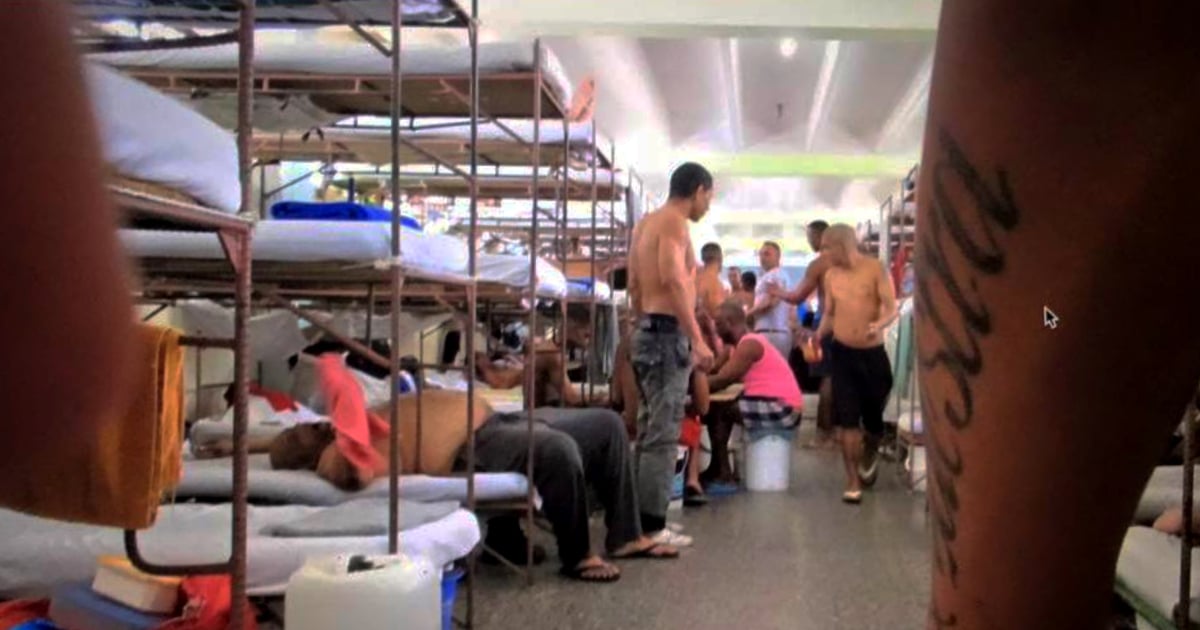
U.S. officials met with families of Cuban political prisoners during the context of the biannual migration talks between Havana and Washington.
The Deputy Assistant Secretary of State, Eric Jacobstein, held meetings in the capital of the island with independent entrepreneurs, religious leaders, and families of political prisoners, reported Brian A. Nichols, Assistant Secretary of State for Western Hemisphere Affairs at the Department of State, on X.
Jacobstein emphasized the importance of the work carried out by these sectors to improve conditions in the country and expressed the commitment of the United States to the defense of human rights.
During the meetings, he emphasized the urgent need to immediately release those who have been unjustly detained, as reported by Nichols.
He added that the meetings with the families of Cuban political prisoners reflect the interest of the U.S. government in promoting dialogue with key actors in Cuban civil society.
Jacobstein led the group that met on Wednesday, December 4, in Havana with officials from the Cuban regime, headed by the Deputy Minister of Foreign Affairs, Carlos Fernández de Cossío.
The purpose of the meeting, the second scheduled for 2024, was to review the implementation of the Migration Agreements between both countries, with the aim of reinforcing the commitment of both parties to develop safe, legal, and orderly migration.
During the discussions, challenges and progress in migration procedures were analyzed. According to the United States Embassy in Havana, the American delegation addressed key topics such as collaboration in migration procedures and highlighted the challenges in achieving their objectives.
In that context, a meeting took place with the families demanding the release of nearly a thousand political prisoners in the Caribbean nation. This week, the deaths of at least four prisoners from the 11J protests in Cuba while in custody came to light, along with an assault on the leader of the Patriotic Union of Cuba, José Daniel Ferrer, who has also declared a hunger strike in protest against prison abuses.
Frequently Asked Questions about the Meeting of U.S. Officials with Family Members of Political Prisoners in Cuba
What was the purpose of the visit by U.S. officials to Cuba?
The purpose of the visit was to participate in the biannual migration discussions between Havana and Washington. During this trip, U.S. officials also met with independent businesspeople, religious leaders, and families of political prisoners to discuss the human rights situation in Cuba.
What did Deputy Assistant Secretary Eric Jacobstein highlight during his visit to Cuba?
Eric Jacobstein highlighted the importance of the work done by independent entrepreneurs, religious leaders, and families of political prisoners to improve conditions in Cuba. He also stressed the urgent need to release those who are unjustly detained.
What topics were discussed in the migration talks between the U.S. and Cuba?
The conversations examined the Migration Agreements between both countries, focusing on ensuring safe, legal, and orderly migration. Challenges and progress in migration procedures and respect for human rights were also addressed.
Filed under: